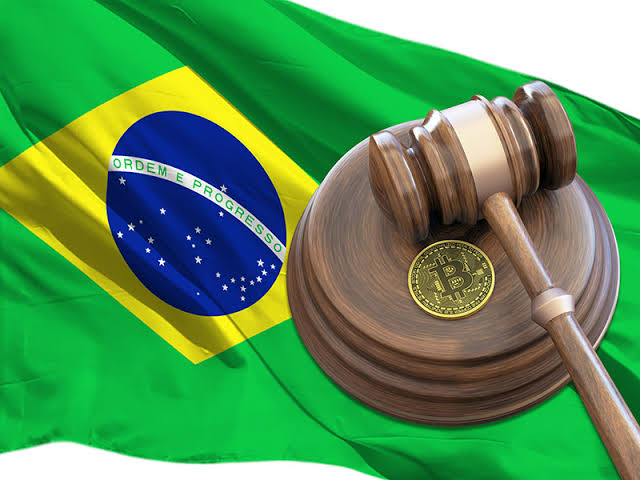The law established a licensing system for suppliers of virtual asset services and included various digital currencies in the list of accepted payment methods in Brazil.

A bill to legalize the use of cryptocurrencies as a form of payment in Brazil was approved by Jair Bolsonaro, who will step down as president of that nation on December 31.
Bolsonaro’s office said that the president had signed bill 14.478 into law following endorsement from the nation’s Chamber of Deputies in a publication of the federal government of Brazil’s official journal on December 22. On November 29, the parliamentary body completed the process of recognizing cryptocurrency payments by sending the law to the president’s desk.
The bill’s wording states that, unlike El Salvador, Brazil will not allow its citizens to utilize cryptocurrencies like Bitcoin as legal cash there. However, the recently passed law defines a number of digital currencies as acceptable payment methods in Brazil. It also provides a licensing system for companies that provide services related to virtual assets and imposes fines for fraud involving digital assets.

The federal entity that might be in charge of overseeing cryptocurrency payments was not specified in Bolsonaro’s remarks. However, just like in the US, the Securities and Exchange Commission of Brazil is responsible for overseeing digital assets that are regarded as securities.
The regulation also included clauses forcing exchanges to differentiate between user and company, probably as a result of FTX’s demise.
The crypto law is expected to go into force in 180 days, or in June 2023. Soon after Bolsonaro leaves office, Luiz Inácio Lula da Silva, also known as “Lula,” will take over as president on January 1. Lula, who presided over Brazil from 2003 to 2010, has previously shown support for the use of blockchain technology and cryptocurrencies.